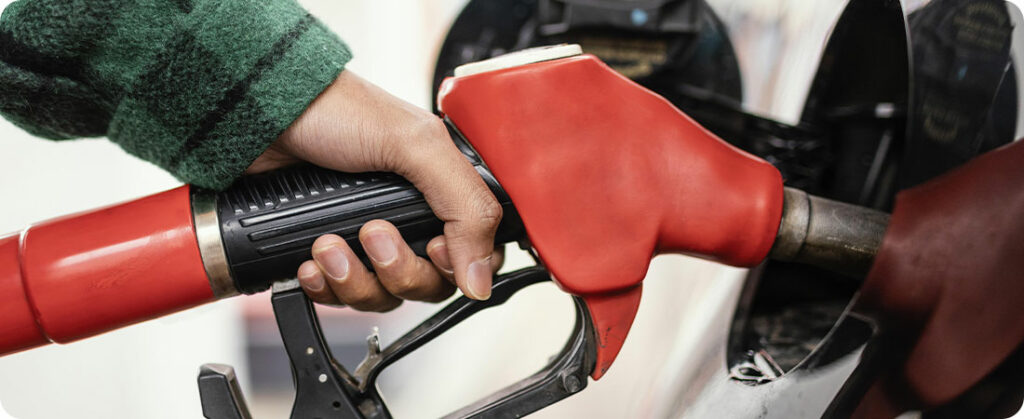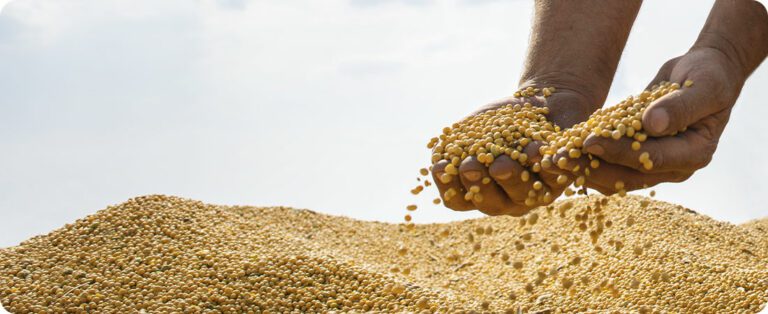
Brazil imported less fuel in 2023, according to analyzes by the consultancy StoneX based on data from the Secretariat of Foreign Trade (Secex), in a clear reflection of an increase in domestic production, as demand is firm. In diesel, 8.8% less was imported than in 2022, with 14.71 billion liters, still the second highest volume in the historical series. Gasoline had an imported volume of 8.2% lower (4.16 billion l).
In the month of December alone, 1.91 billion liters of diesel were imported into Brazil, possibly in anticipation of purchases from refineries before the reinstatement of federal taxes on diesel A (without the addition of biodiesel).
Bruno Cordeiro, energy analyst at StoneX, explains that Brazil's lower fuel imports in 2023 exactly reflect an increase in diesel A production by the country's refineries, essentially those owned by Petrobras. Furthermore, in March last year, the government decided to increase the blend of biodiesel in diesel from 10% to 12%, which also influenced the diesel market, specifically.
“We have factors in common with diesel and gasoline in 2023, such as the increase in Brazilian production, mainly due to the efforts of Petrobras, with refineries at maximum capacity. Furthermore, specifically for diesel, we had the highest mixture, which naturally generates lower demand for diesel A. And, in gasoline, the parity below 70% over ethanol, increased purchases of biofuel, which became more competitive at the pumps”, highlights Cordeiro.
Advancement in the biofuels market in Brazil
Sales of hydrous ethanol even jumped around 4.5% in 2023 compared to 2022, and rose again after three years of decline in the country, according to data from the National Petroleum, Natural Gas and Biofuels Agency (ANP).
The reduction in imports occurred due to the increase in national production of diesel oil, driven by greater use of refineries. The imported volume fell from 41.78 to 43.90 million liters until November. The increase in biodiesel in diesel reduced diesel imports and increased methanol imports, according to Sergio Araujo, president of Abicom.
Aprobio reports that biofuel companies delivered 7.34 billion liters of biodiesel to distributors last year, a record. This represents an increase of around 20% compared to 2022. “We are ready to progress to at least B20. This will benefit large urban centers in the short term, without changing engines or costs in supply infrastructure”, says Julio Cesar Minelli, superintendent director of Aprobio.
Petrobras highlights records
Data from Petrobras reiterates StoneX's analysis. The company points out that S-10 diesel production reached a monthly record in October 2023 at 2.38 billion liters, surpassing the previous mark in July. The company's refineries reached 97% of use in September for the second consecutive month. The refinery utilization factor reached 96% in the third quarter of 2023, the best quarterly result since 2014.
Despite this, there is a consensus among those involved in the market that Brazil will continue to depend on imports for part of its demand. “Brazil will continue to depend on imports of diesel oil for many years to come. Consumption has a strong correlation with GDP and growth is expected in the coming years. We believe that refineries have already reached maximum values in utilization rates and, therefore, should not offer volumes greater than in 2023”, explains Araujo.
The Abreu e Lima Refinery, in Pernambuco, resumed expansion work in 2024 after 8 years of interruption on the south coast of the state. In Abicom's view, it could increase Petrobras' production of diesel oil. Diesel oil production will increase until 2028, but it will not meet the increase in demand, says the association's executive.
Russia's biggest purchases
Historically, the United States is the main supplier of diesel to Brazil. However, in 2023, this scenario changed, with Russia leading the market in the country, with more than 50% of the total imported. Brazil obtained discounts on Russian diesel due to the European embargo due to the war in Ukraine. This has benefited the country compared to other sources of diesel.
“We saw in 2023 a structural change in diesel imports. Russia is our main fuel supplier, and we are the second largest buyer after Turkey. This pattern should continue in 2024, according to Cordeiro.
Fuel sales grew in 2023
Despite lower fuel imports in 2023, sales grew last year. According to previous data released by the ANP and analyzed by StoneX, the consumption of diesel B (with a blend of biodiesel) was a record in the country, at 65.50 billion liters, 3.56% above 2023. In the case of gasoline C, sales totaled 46 billion l last year (+6,90%). The ANP will bring the consolidated data for 2023 at the end of this month.
In the consultancy's analyses, the high consumption of fossil fuels in the country accompanied the positive economic performance, in addition to the increase in grain production, which increased the demand for freight in the first half of the year.
Outlook for 2024
In 2024, StoneX predicts that diesel A imports will remain high due to the country's dependence on external refining as its refineries are at capacity. At the same time, B diesel consumption is expected to reach a record 66.50 billion liters, surpassing 2023.
“The demand for diesel should grow, but we have a situation of a new increase in the mixture in diesel and this should cause us to have exponential growth in biodiesel in this new year. Even with this growth, we hope that the market can balance itself so that all supply comes from the domestic market”, explains the analyst at StoneX consultancy.
Source: Jhonatas Simião | Notícias Agrícolas












